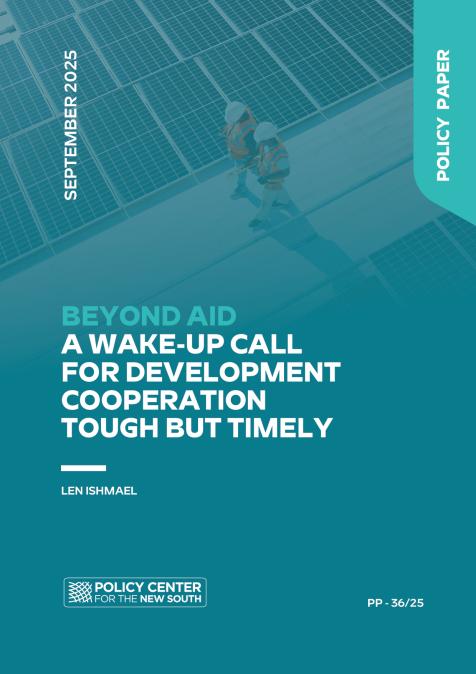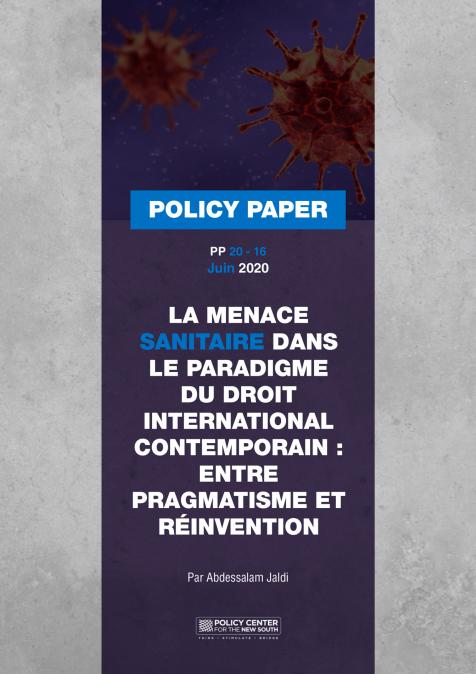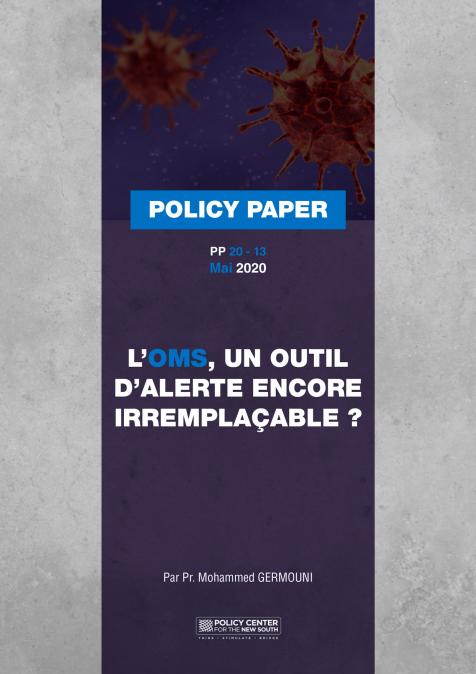Publications /
Policy Paper
The era of relative stability grounded in post-Second World War idealism, and a global compact around the principle of supporting the most vulnerable, is coming to an abrupt close. In its place is hard-nosed realpolitik, raw power, and transactional politics. The current discordant, fractious epoch—despite the sense of foreboding and crises in some quarters—may yet create the space and conditions for much needed honest dialogue on the future of development cooperation. This dialogue should be based on principles of sovereignty, empowerment, equity, and inclusion. But this requires a political path forward and transformative leadership.
The retreat of the United States from various multilateral forums, has been mostly consistent with the Trump administration’s first term in 2017. The abrupt dismantling of the United States Agency for International Development (USAID) operations worldwide, however, has sent shock waves throughout the development community. By linking the delivery of American aid and cooperation more generally with how its interests are served, the U.S., in the clearest way possible, has exposed an inconvenient truth about one of the underlying —if unspoken—goals of aid: that of garnering geopolitical advantage and influence in advancing the interests of a specific country or community. Upending of the norms around development cooperation and ODA by the U.S., —the country that led the design of the liberal rules-based world order—raises questions not only about the rules and their endurability, but also points to a larger concern: if the entire global architecture for development cooperation can be derailed by a single country, how sustainable is the system? This is why this conversation may be inconvenient, but also timely.
The wider reality however, is that the global landscape of development cooperation has been changing for the last twenty years or more. Persistent questions and misgivings have been raised about several issues, including the dependencies created by aid, power asymmetries entrenched in the Western-led post-war development cooperation model, the undeclared interests of donor communities, and the role of international NGOs. There is however a sense – especially in the West - that the entire system is being tipped into crisis. This need not be the case. For all actors, it may prove to be an opportune time to review the many facets of development cooperation, with a view to elaborating a framework for the future. This should reflect changes in the landscape within which cooperation around development takes place, both in the context of evolving needs and the emergence of new actors.
As the mix of actors’ changes, so does the power dynamics. Economic power is shifting from west to east, and impatience with the status quo has resulted in the development of non-Western institutions and mechanisms providing alternatives to Western instruments. Cooperation, rather than competition around development is a key requirement of a new model. Perhaps it is time to agree that striving toward one universally accepted model of multilateralism is faulty, and multilateralism can take many forms. In any event, new models of development co-operation are required that respond to the need for mutual respect, dignity, and mutual wins with leadership reflective of the world today. The time has come for uncomfortable conversations around inconvenient truths.






